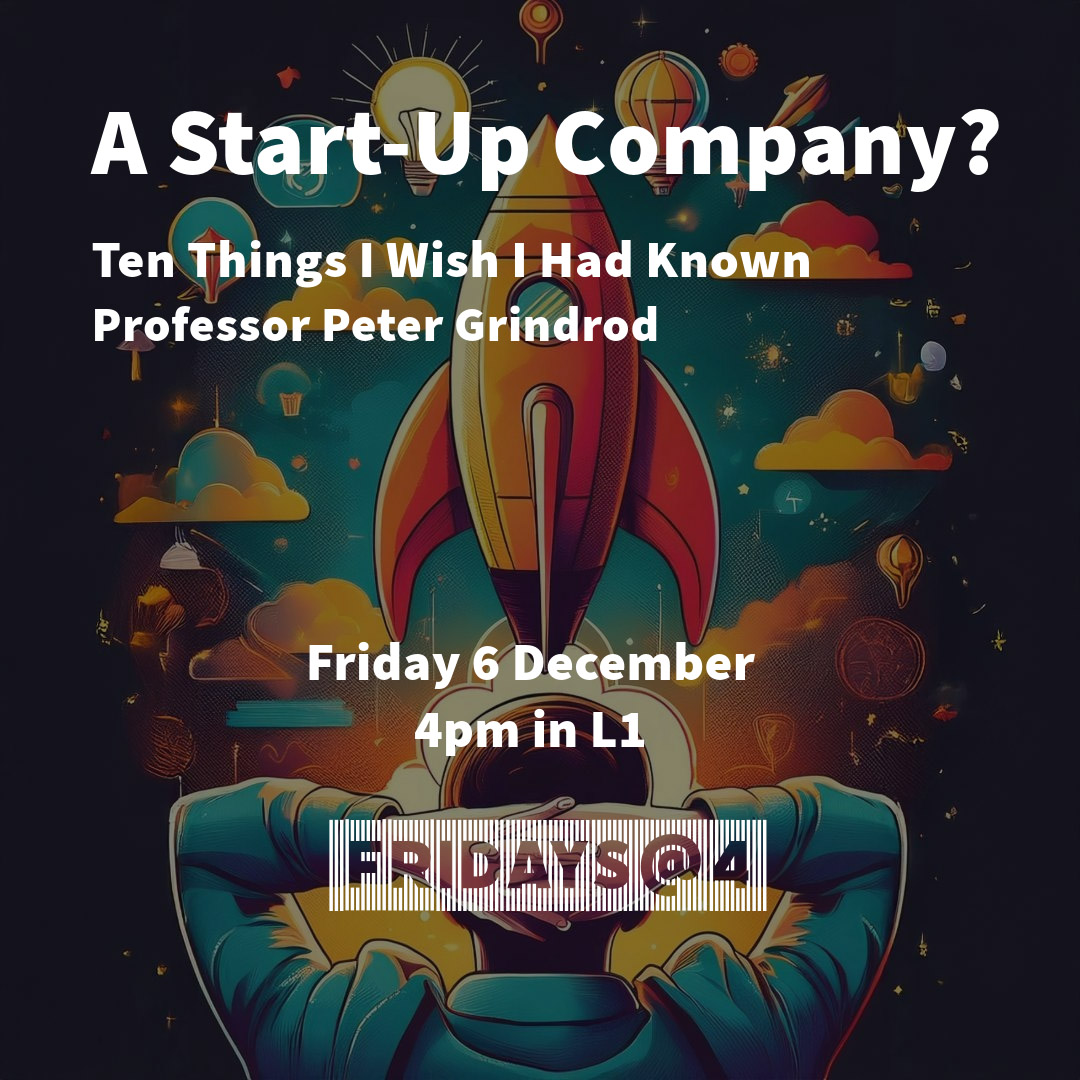14:00
Gelfand--Kirillov dimension and mod p cohomology for quaternion algebras
Abstract
The Gelfand--Kirillov dimension is a classical invariant that measures the size of smooth representations of p-adic groups. It acquired particular relevance in the mod p Langlands program because of the work of Breuil--Herzig--Hu--Morra--Schraen, who computed it for the mod p cohomology of GL_2 over totally real fields, and used it to prove several structural properties of the cohomology. In this talk, we will present a simplified proof of this result, which has the added benefit of working unchanged for nonsplit inner forms of GL_2. This is joint work with Bao V. Le Hung.
15:30
Kinetic Optimal Transport
Abstract
We present a kinetic version of the optimal transport problem for probability measures on phase space. The central object is a second-order discrepancy between probability measures, analogous to the 2-Wasserstein distance, but based on the minimisation of the squared acceleration. We discuss the equivalence of static and dynamical formulations and characterise absolutely continuous curves of measures in terms of reparametrised solutions to the Vlasov continuity equation. This is based on joint work with Giovanni Brigati (ISTA) and Filippo Quattrocchi (ISTA).
15:30
Variance renormalisation of singular SPDEs
Abstract
Scaling arguments give a natural guess at the regularity condition on the noise in a stochastic PDE for a local solution theory to be possible, using the machinery of regularity structures or paracontrolled distributions. This guess of ``subcriticality'' is often, but not always, correct. In cases when it is not, a the blowup of the variance of certain nonlinear functionals of the noise necessitates a different, multiplicative renormalisation. This led to a general prediction and the first results in the case of the KPZ equation in [Hairer '24]. We discuss recent developments towards confirming this prediction. Based on joint works with Fabio Toninelli and Yueh-Sheng Hsu.
15:30
Quantitative Convergence of Deep Neural Networks to Gaussian Processes
Abstract
In this seminar, we explore the quantitative convergence of wide deep neural networks with Gaussian weights to Gaussian processes, establishing novel rates for their Gaussian approximation. We show that the Wasserstein distance between the network output and its Gaussian counterpart scales inversely with network width, with bounds apply for any finite input set under specific non-degeneracy conditions of the covariances. Additionally, we extend our analysis to the Bayesian framework, by studying exact posteriors for neural networks, when endowed with Gaussian priors and regular Likelihood functions, but we also provide recent advancements in quantitative approximation of trained networks via gradient descent in the NTK regime. Based on joint works with A. Basteri, and A. Agazzi and E. Mosig.
16:00
Fridays@4 – A start-up company? 10 things I wish I had known
Abstract
Are you thinking of launching your own start-up or considering joining an early-stage company? Navigating the entrepreneurial landscape can be both exciting and challenging. Join Pete for an interactive exploration of the unwritten rules and hidden insights that can make or break a start-up journey.
Drawing from personal experience, Pete's talk will offer practical wisdom for aspiring founders and team members, revealing the challenges and opportunities of building a new business from the ground up.
Whether you're an aspiring entrepreneur, a potential start-up team member, or simply curious about innovative businesses, you'll gain valuable perspectives on the realities of creating something from scratch.
This isn't a traditional lecture – it will be a lively conversation that invites participants to learn, share, and reflect on the world of start-ups. Come prepared to challenge your assumptions and discover practical insights that aren't found in standard business guides.

Speaker: Professor Pete Grindrod
An Introduction to Decomposition Classes
Abstract
15:30
Weak Error of Dean-Kawasaki Equation with Smooth Mean-Field Interactions
Abstract
We consider the weak-error rate of the SPDE approximation by regularized Dean-Kawasaki equation with Itô noise, for particle systems exhibiting mean-field interactions both in the drift and the noise terms. Global existence and uniqueness of solutions to the corresponding SPDEs are established via the variational approach to SPDEs. To estimate the weak error, we employ the Kolmogorov equation technique on the space of probability measures. This work generalizes previous results for independent Brownian particles — where Laplace duality was used. In particular, we recover the same weak error rate as in that setting. This paper builds on joint work with X. Ji., H. Kremp and N. Perkowski.
15:30
Recent progress on quantitative propagation of chaos
Abstract
When and how well can a high-dimensional system of stochastic differential equations (SDEs) be approximated by one with independent coordinates? This fundamental question is at the heart of the theory of mean field limits and the propagation of chaos phenomenon, which arise in the study of large (many-body) systems of interacting particles. This talk will present recent sharp quantitative answers to this question, both for classical mean field models and for more recently studied non-exchangeable models. Two high-level ideas underlie these answers. The first is a simple non-asymptotic construction, called the independent projection, which is a natural way to approximate a general SDE system by one with independent coordinates. The second is a "local" perspective, in which low-dimensional marginals are estimated iteratively by adding one coordinate at a time, leading to surprising improvements on prior results obtained by "global" arguments such as subadditivity inequalities. In the non-exchangeable setting, we exploit a surprising connection with first-passage percolation.

